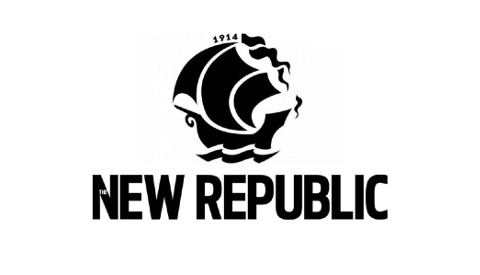
Hughes quoted in New Republic article on fossil fuel investment
October 23, 2018
Post Carbon Fellow David J. Hughes was quoted in this article in The New Republic on the environmental impact of quantitative easing.
From the article:
READ FULL ARTICLEAlmost exactly a decade ago, as the Federal Reserve worked to stabilize a careening stock market, overleveraged banks, and underwater mortgage lenders, it made a decision that helped fundamentally reshape the global energy industry. In the middle of October 2008, the Fed agreed to bail out America’s big banks, even the ones that weren’t failing, like JP Morgan Chase, Citigroup, and Goldman Sachs…
Even as oil prices dropped, investment continued. “Those companies paid good dividends,” said David Hughes, a fellow at the Post Carbon Institute. “They weren’t profitable, but if you don’t have any other place to put your money because of low interest rates, it isn’t hard to find investors.” So Wall Street banks took the money the Fed had lent them and plowed it straight into the fossil fuel industry. In recent years, bailout recipients JP Morgan Chase and Citigroup loaned over $900 million and $600 million respectively to EOG alone (it’s hard to know if every last dollar went into the company’s fracking infrastructure, but it’s likely the overwhelming majority did). Each time shale driller Halcon came close to violating debt limits set by its backers, the company’s lenders—JP Morgan Chase and Wells Fargo—loosened restrictions. Oil that according to pure market forces might have otherwise stayed in the ground continued to flow.
